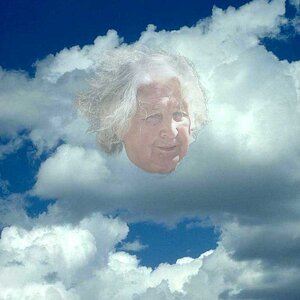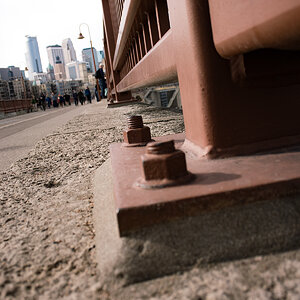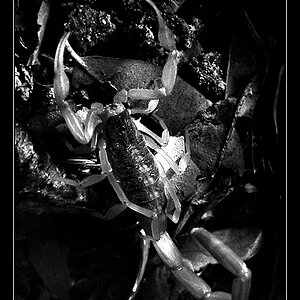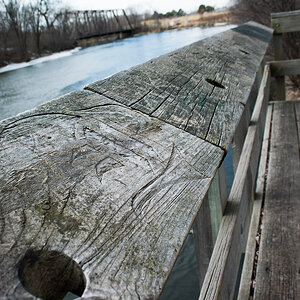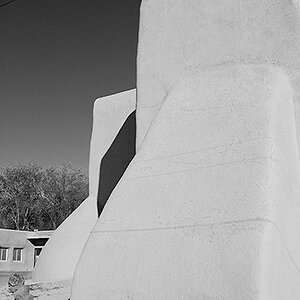- Joined
- Dec 16, 2003
- Messages
- 33,896
- Reaction score
- 1,853
- Location
- Edmonton
- Website
- www.mikehodson.ca
- Can others edit my Photos
- Photos NOT OK to edit
W.Smith said:Imo, 95% of people are 'snappers'. They shoot a pic while trying to have as little to do as possible with buttons and settings (they probably don't know WTF to do with them anyway...), then take the flash card to a photo store, stick it in the print machine, and basically print them straight 'out of the camera'.
I'm surprised by the number of people I know...who don't even go that far. They take a bunch of snaps...and then gather around the camera to watch them on the tiny LCD screen. The images stay on the card in the camera until the next event when they have to frantically delete them to make room for more. I even know people who just went and bought a new memory card when theirs was full.




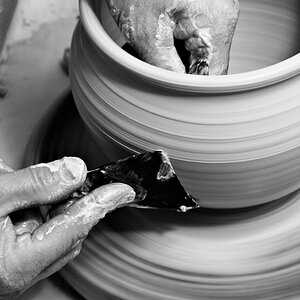

![[No title]](/data/xfmg/thumbnail/42/42022-b164b48fbcd31e32040c4983ecb8983a.jpg?1619739981)
![[No title]](/data/xfmg/thumbnail/39/39533-c2c39d37e833a4689533c897ace8c348.jpg?1619739073)
